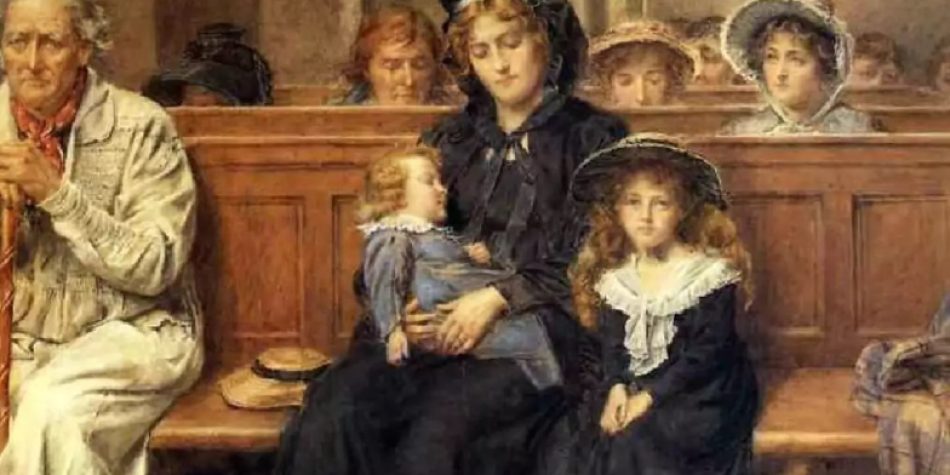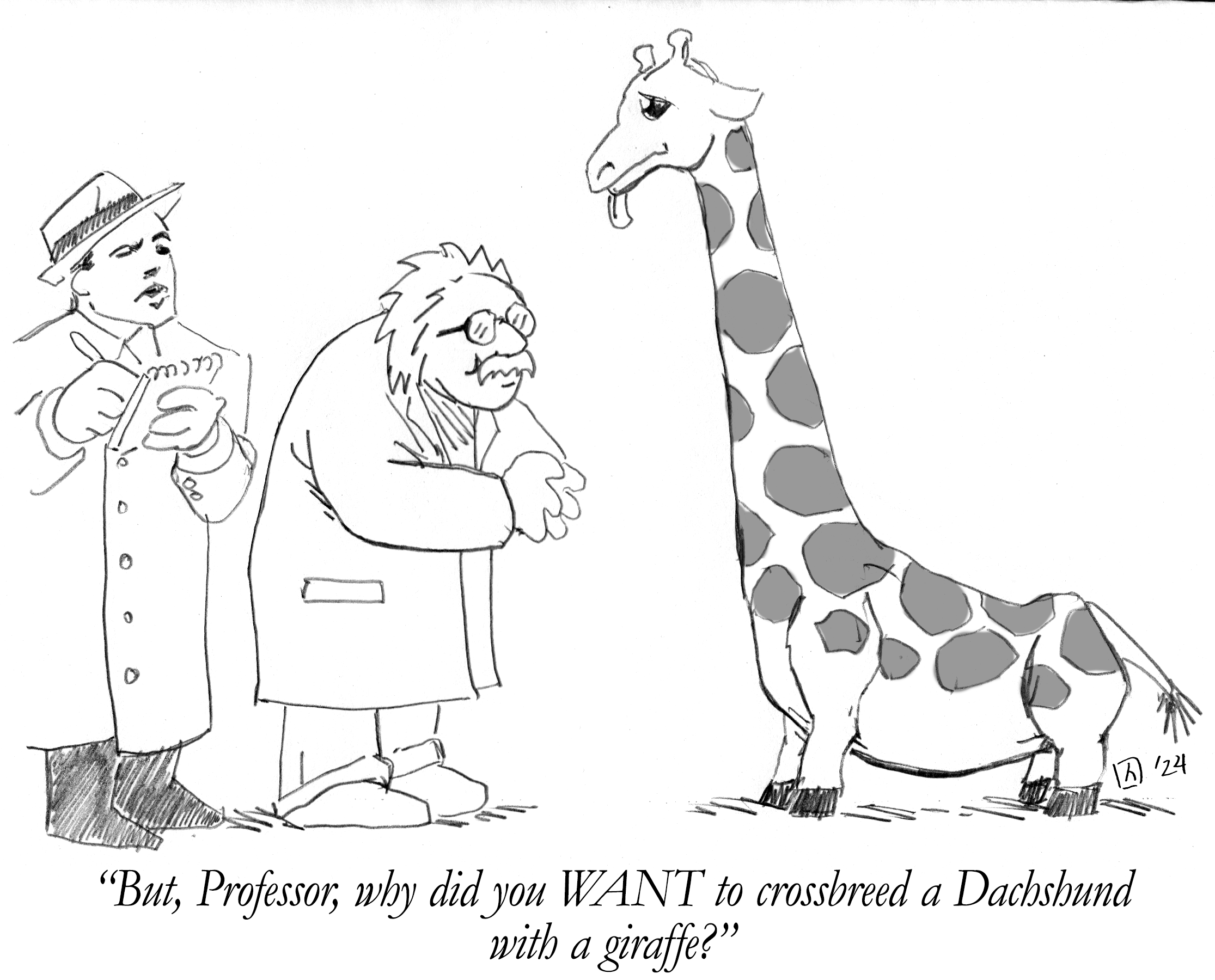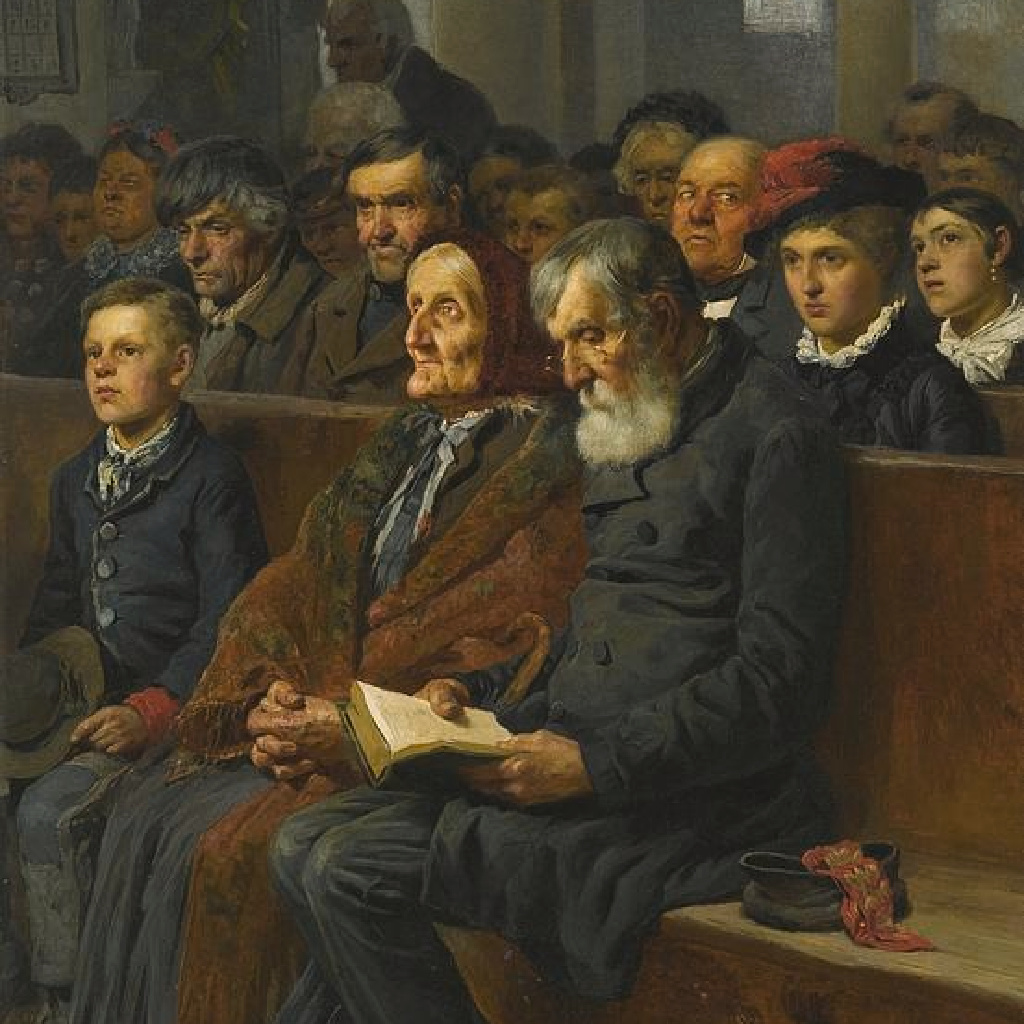No More Strangers and Foreigners
“Yet oftimes a secret something || Whispered, ‘you’re a stranger here,’
And I felt that I had wandered || From a more exalted sphere.”
Oh My Father, Lyrics by Eliza R. Snow
Eliza R. Snow’s poetic words speak to a deep sense that we are—all of us—out-of-place; in the words of an unknown poet, we’re merely “poor wayfarin’ stranger(s), traveling through this world of woe.”
I feel this. Most days, and in most places, I feel like I do not quite belong. I also feel, though, a sense that there is a belonging yet to come. Paul wrote of our identity as members of the family of God, “Ye are no more strangers and foreigners, but fellow citizens with the saints, and of the household of God.” Isaac Watts expanded on the theme, tenderly prophesying of the day to come when each of us will be “no more a stranger, nor a guest, but like a child at home.”
It surprises me how often others confide that they feel the same melancholy—a sense that this earth is not our home. Paradoxically, this sense of estrangement from our true origins seems a common bond of humanity. From a Christian perspective, we are strangers and vagabonds on this earth—which helps explain so many of us feeling a hint of divine homesickness. United by our existence in a lone and dreary world, we often feel the absence of “our former friends and birth.” As Elder Bruce C. Hafen put it, “This earth is not our home. We are away at school, trying to master the lessons of ‘the great plan of happiness’ so we can return home and know what it means to be there.”
We also have in common a deep need to thrive in a community, to truly commune—and a pretty good track record of not pulling it off. Connection is precious; true friendship, true brotherhood, true unity are commodities to be treasured, recognizing how cheap the knock-offs are. Those rare specks of meaningful connection and unity—little drops here and there—are as close an approximation as we can get to heavenly, holy union.
What does a pure drop of belonging feel like to you?
For me, it’s being around my dad. An embrace. The familiarity of someone who loves you profoundly, and understands you fiercely. Someone who just wants to be with you. To hear what you have been doing. I feel that magic in the familiar foods my dad cooks, the jokes he tells. He’s always interested in what’s going on in my life, always asking about my job. He always takes pride in even mundane successes—“You’ve always been good at that” or “I’m not surprised, you’ve had a knack for that since you were a little one.” When people misunderstand me, he reminds me that he knows me: “Your heart is good. They’ll see that in time.” I’m lucky to have such a treasured relationship with him. I cherish it—and try to drink it in each time I’m around him; not because he is old or ill, but because I am wise enough to cherish something that will be, at least temporarily, finite. gations which prioritize community over common goals will get a good deal of neither. Those congregations which prioritize discipleship over community will get a good deal of both.
We do not travel alone, but like the pioneers, we move forward in companies—and the company is essential to the experience. More than just individuals, we are made to be a part of a group, like sheep in a flock, or cells in an organ.
For members of the Church of Jesus Christ, the intermediate goal is Zion, where we will all be “of one heart.” There we will learn to love as God loves, and to mimic the eventual ideal of embracing each other in heaven—where that “same sociality that exists among us here shall exist among us there.” In this way, we see Zion as a training ground preparing us for something even greater.
To brass tacks, then: the duty is ours to build toward, and not merely look forward to this belonging in Zion.
More than Mingling: Belonging and Eternal Law
“There is a law, irrevocably decreed in heaven before the foundations of this world, upon which all blessings are predicated—And when we obtain any blessing from God, it is by obedience to that law upon which it is predicated.”
~Doctrine and Covenants 130:20-21
Some friends of mine did some analysis of data recently that found that those in their church community who are most likely to step away from the faith are also those who feel like they least belong. So what is the remedy to this feeling? My usual mental toolkit is pretty limited. Mix-n-mingles. Linger-longers. Dinner rotations. Although all good, I write in part because I feel the Spirit whispering that such things will not, by themselves, help—and may even hurt.
Joseph Smith taught that all blessings are predicated on eternal law—and if we do not obey the law, we will not get the blessing. Could this be true of healthy community building as well? As author Parker Palmer notes, “Belonging is not a set of feelings we depend on but a set of practices we enact.”
Our efforts at building community can be cheap and hollow like that—sounding brass and tinkling cymbals—if they are not based on the right principles. Elder Maxwell—ever with his gift of turning a phrase–used two metaphors in two different talks to mean similar things: citing C.S. Lewis, he described those who “hurried about with fire extinguishers in times of flood.” Second, he described those who were anxiously “straightening deck chairs on the Titanic.” In both cases, he was not merely describing their efforts as merely ineffective, but also doomed: utterly inadequate, and perhaps even counterproductive.
I worked at a school once where we tried every possible “inclusion” strategy—all to no effect. In fact, the school was so focused on unity that we were constantly afraid that we had offended someone else—and began to look for subtle indications that others bore us ill will, too. Obsessed with others’ perceived slights—and constantly worried about offending others with our own—our focus increasingly turned away from the students we served, and turned to our own petty dramas.
In contrast, at another school we rolled up our sleeves and got to work—with our collective focus on students, our problems just seemed to fade away. I felt like part of a team. We lost ourselves in the work. We took criticism gladly. We tolerated minor slights, knowing we’d done the same to others—and hoping that they would give us some grace in return.
Another example: In conversation recently, some dear friends of ours told us that moving from an area with few Latter-day Saints to an area with many has left them surprised. “Our friends out there became our family. Our friends out here are nice, but it’s clear that we are mostly just ‘church friends.’” I’ve contrariwise been in wards and branches with groups of members working together in a calling who are able to have a rich and vibrant feeling of togetherness and unity—in part, I think, because of a simple commitment to discipleship. We become dear friends—like family—because we are members of Jesus’ flock. We had a common cause.
In a similar way, I’ve long believed the best marriages aren’t those in which the couple is most infatuated, but rather in which they are most committed to building something together.
There’s an interesting bit of very early social science research that finds an association between those who attend church for internal reasons (a desire for transcendence, or communion with the divine) and improved mental health outcomes. On the other hand, those who go for primarily external reasons (like social expectations or keeping up with the Joneses) experience negative mental health outcomes. I suspect the same is true of our desire for community and friendship: if we put friendship first, we will have sacrificed discipleship. To paraphrase Milton Friedman, those congregations which prioritize community over common goals will get a good deal of neither. And those congregations which prioritize discipleship over community will get a good deal of both. Our cause—what builds our community—is “the cause of Christ,” as Joseph Smith called it. Belonging is most often not the product of striving for belonging—but rather, flows naturally from discipleship, repentance, and dedication in building Zion.
To any who are looking to improve the community and belongingness of any group—I say that we will only make progress insofar as our solutions come in conformity to the eternal laws that govern healthy, thriving, heart-knit communities.
Diversity and Fellowship
“There were no… Lamanites, nor any manner of -ites; but they were in one, the children of Christ, and heirs to the kingdom of God.” ~4th Nephi 1:17
Recently, I enjoyed a testimony meeting in which there were representatives from four continents. One of the speakers said something striking: “I feel united with you more than I do out there,” she said, motioning to the outside windows. She does not look like the congregation. Her English is accented. She has different cultural norms. She eats different foods. And yet, in this place, she is united with her brothers and sisters in Christ–most of whom she did not even know personally.
The same has happened to me: when I was young my family moved to Italy. I was 13. I expected to feel alone as I walked the foreign city, in church, and at community events; gratefully I would attend an international school where the language was English. In fact, however, I found that I felt more alone in school than I did at a humble little branch of fellow saints. We did not speak the same language. We did not have the same customs. But these were my familiar community, because of our common bond around a man from Nazareth.
One of the more obvious principles of the scriptures is that Zion is a place of unity, but importantly, not homogeneity. Latter-day Saints conform to principles of the gospel and defy conformity on nearly any other principles.
Even our differences, however, can become additional sources of connection. As Parker Palmer adds, “the demands and vexations of life together are not the death knell of community—they are doorways into deeper relationship as we work through our disillusionments.”
The people following Christ’s visit to the ancient Americas became as one because they lost their appetite for contention; because of the love of God in their hearts; and because they were all converted to the Lord. That unity did not appear to arise from their having spoken at length about their differences, or about unity and inclusion either. Instead, they gave everything they were to Jesus. In consecration, they offered their whole souls as an offering to Him.
As a result, there were “no manner of -ites.”
Shared suffering is another way we draw closer together and feel belonging. At an especially challenging school, my colleagues became my closest friends. We went through days of being cursed at by children who were also throwing desks, and trying to get all of the tears out during our planning breaks so the students couldn’t tell we’d been weeping. I wish there was a way to become as close to others without the hardship, but the friends I have gained through hardship are uniquely special to me. You cannot imitate such a bond.
The scriptures say that the meek are blessed to “inherit the earth”—with one footnote explaining that the humble are characterized as “those who have suffered.” Perhaps this is why Paul spoke of those who come to know “the fellowship of his sufferings.”
None of this is to minimize the value of friendship alone, which Joseph Smith taught as one of the “grand fundamental principles” of the gospel of Jesus Christ. In President Ballard’s new biography by Susan Easton Black and Joseph Walker, there is a story of a young Elder Jeffrey R. Holland, who worried what the new apostle, Elder M. Russell Ballard, might say to him as he visited. He prayed to know that he would do well—only to have the surprising revelation that Russ Ballard would become one of his greatest and lifelong friends. I believe God tenderly cares for our friendships and nurtures them—and that we should be all-the-more eager to shake a hand, give an invite to dinner, or get to know a new face at church. In a world of disconnection and fragmentation, we all ought to #chooseconnection. As I’ve said, one of the great blessings of the gospel is finding friends who become like family. We all need more of that, not less.
But the path to a community isn’t built one friendship at a time, but one prayer and one principle at a time. The suffering of the repentant soul and the triumph of the meek heart are key to unlocking that deeper kind of belonging—not unrelated endeavors, but thoroughly conjoined.
Where Belonging and Purpose Meet
“And the Lord called his people Zion, because they were of one heart and one mind, and dwelt in righteousness; and there was no poor among them.” ~Moses 7:18
A friend described the feeling of rowing with a professional team. The rhythm must be perfectly matched, the movement totally in sync—but it’s more than that. The desire to win, the emphasis on giving one’s all to the cause, and the rush of being surrounded by top-notch colleagues all give you a synergy that reaches far past your own individual contribution.
Emily Esfahani Smith has written that meaning is more important than happiness—and meaning is built on four pillars: belonging, purpose, storytelling, and transcendence. I require my students to watch her TED talk, after which one student thoughtfully wondered “what would it look like to combine belonging and purpose.?”
Another student said, without prompting, “would that be consecration?”
In our theology, consecration is the giving of something to God in a holy offering—we might say that we consecrate our time to Him, or our tithes or offerings to the poor. We similarly consecrate our hearts and wills to Him. But once again, we always travel in companies: consecration is a unique restorationist doctrine that has been practiced at various times throughout the history of God’s family, and always in communities. Consecration cannot be truly accomplished individually: it is fundamentally a community endeavor. This is synergy—like what my friend describes in rowing—but aimed at loftier, holier goals. This project of building Zion is a sandbox where we get to play at heaven.
There are at least two implications here. First, to the extent that we are obedient to the commandment to build Zion, we must learn how to forge the kind of unity that defines a Zion community. Second, to the extent that we are commanded to be one, it is a commandment to be one in a far deeper sense than merely “getting along.” Zion is not just about defining a quantity of belongingness, but also a quality of it.
True Belonging
In thy holy habitation || Did my spirit once reside?
In my first primeval childhood ||Was I nurtured near thy side?
Then, at length, when I’ve completed ||All you sent me forth to do,
With your mutual approbation || Let me come and dwell with you.
Oh My Father, Lyrics by Eliza R. Snow
I love the gospel in part because it takes the plain virtue and exalts it beyond infinity. You think you have love here? There you shall have it at all heights and depths, from infinity to infinity. You think you are important here? If you humble yourself, you will have kingdoms, powers, dominions, and exaltations. You think you have joy here? You cannot even comprehend what awaits the faithful. The gospel magnifies any virtue to its highest ideal.
Likewise, do you think you have belonging here? Just wait. You and I hardly know what kind of belonging awaits us.
In the meanwhile, I like to remember that the loneliness of earth life—the heart pangs of divine homesickness—point towards what is to come. And this project of building Zion is a sandbox where we get to play at heaven. It gets us close. It lets us learn how to get closer, even if not all the way.
There is something further up and further in. An embrace from Father. The familiarity of someone who loves you profoundly, and understands you fiercely. Someone who just wants to be with you. To hear what you have been doing.
When I return to my heavenly home, the embraces will be pure, and the holes in my heart will be filled. I will be among friends again. I will be home again.

















